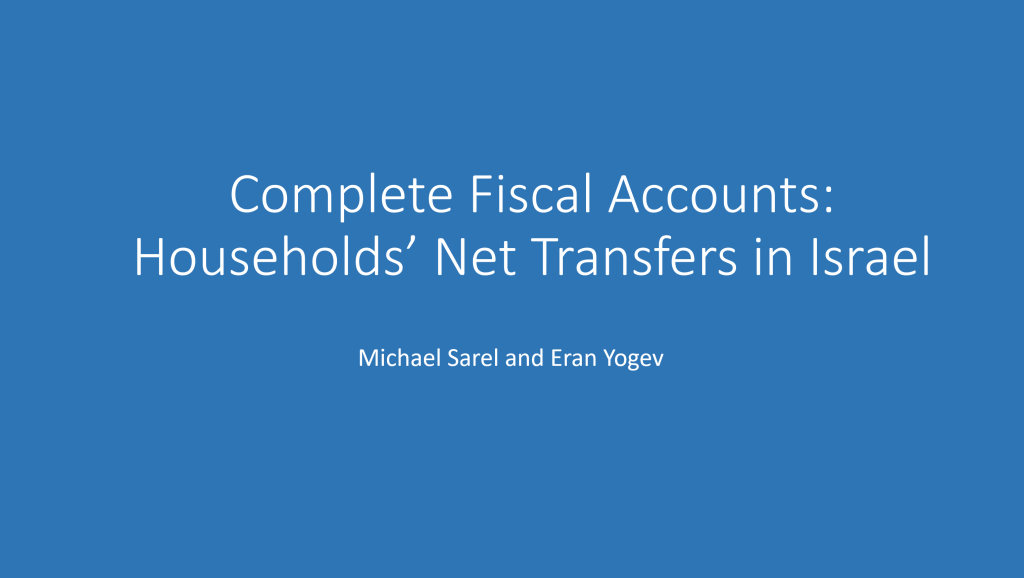Recently, the Economics Committee saw a proposal to temporarily expand price controls to include products such as water, baby diapers, flour, tuna fish and more. The Ministry of Economy’s Director General went so far as to accuse some market actors of cynical exploitation and price gouging and criticized grocery stores for selling at high prices.
Israeli history has shown that military conflicts lead the public to stock foodstuffs. The act of storing up food, something the Homefront Command has encouraged this time around, creates high demand, alongside temporary operational difficulties. Bottlenecks forming on the supply side cause shortages that clear out store shelves. The market takes some time to “reorganize”, signaled in part by the rising prices mechanism. In the face of the rise in the marginal cost of production, the price hikes create incentives to increasing the supply of products. This is usually not a “cynical exploitation” but inevitable reality. If market conditions allowed actors to raise prices undisturbed, they would have done so already, and not waited for a sensitive time.
In the case of price controls as a mechanism for dealing with rising prices in the wake of an economic shake up, we would do well to remember masks in the era of the covid pandemic. When the pandemic broke out, it created a surplus demand for masks, which caused prices to jump, and the Israel Consumer Council published a warning against price gouging. Politicians from both the right and the left called for price controls to help consumers. Ultimately, no controls were set, and the high prices prevented mask hoarding and encouraged importers to enlarge the supply. Once the supply matched the demand, prices began to fall, reaching sums twenty times lower than the proposed controlled price. The situation today is not much different; the temporary price rise is a signal to consumers to buy less, and to suppliers to supply more until the market “reorganizes” and overcomes the shortage – just as in covid times, the prices eventually will balance out once more.
Setting price controls can lead to positive results in markets controlled by a monopoly or a cartel, who raise prices above the competitive price; however, on a macro level, that is not the current situation. Local monopolies may have been formed, for instance, in areas close to the border. The existence of such should be thoroughly examined, and temporary price controls may be necessary in those areas where a local monopoly does exist. In addition, optimizing the competitive market calls for increased enforcement of laws regarding the display of prices, to minimize information gaps about prices.
The price mechanism in a competitive market regulates the gap between supply and demand. Setting a price that is lower than the competitive equilibrium price, as has been proposed, will create surplus demand, leading to an exacerbation of shortages, long lines, a reduction in quality of goods and perhaps even the promotion of a black market. Past experience points to the fact that in political economics, removing controls, even when they’re clearly superfluous isn’t easy, making temporary price controls all too liable to become permanent.
Due to price controls’ severe repercussions, the OECD rushed to produce a guide for governments to manage prices hikes in the covid era, and recommended they persuade the public of the “risks involved in making use of price controls”. In countries like Hungary, early price controls aimed at preventing price hikes in foodstuffs led to severe shortages, forcing groceries to limit purchases.
Price control mechanisms are a last resort for dealing with market failures. They are a powerful political tool that politicians favor because they can use them to demonstrate to the public that they are taking action against price hikes. However, history shows that using this mechanism in a competitive market leads most often to harming public welfare. This struggle cannot be won with a tool proven to do more harm than good, even when those who suggest using it are sincerely well meaning.
First appeared in Hebrew in Makor Rishon



